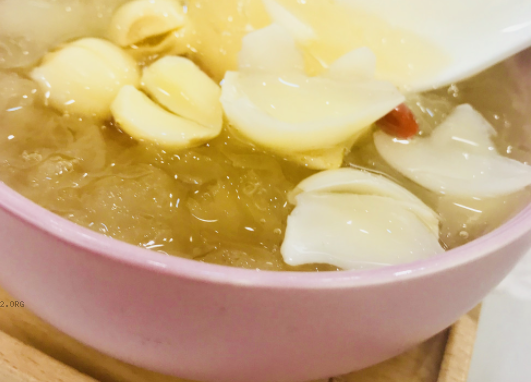Fast digestion of food can be achieved through adjusting dietary structure, increasing physical activity, and improving eating habits. The digestion speed is influenced by factors such as food type, gastrointestinal function, metabolic status, etc., and appropriate methods should be selected based on individual circumstances.

1. Adjust the diet structure
Choose digestible foods such as Congee, steamed eggs, bananas, etc., and reduce the intake of high-fat and high-protein foods. Fats and proteins take longer to break down, which increases the burden on the gastrointestinal tract. Properly pairing vegetables and fruits rich in dietary fiber can promote intestinal peristalsis without excessively stimulating the gastrointestinal tract. The main cooking method is steaming and boiling, avoiding high-temperature cooking such as frying and grilling.
2. Increase Activity
Moderate walking or gentle stretching exercises after meals can promote gastrointestinal peristalsis through gravity and muscle contraction. Avoid immediately lying down or engaging in vigorous exercise, as the former can delay gastric emptying and the latter may cause discomfort in the stomach. It is recommended to engage in 10-15 minutes of low-intensity activities, such as slow walking, yoga, etc., 30 minutes after meals.
3. Improve eating habits
Chewing food thoroughly until it becomes a paste before swallowing can reduce the burden of stomach grinding. Control the eating speed, chew 20-30 times per bite, and take no less than 20 minutes for a single meal. Avoid talking or looking at electronic devices while eating. Focusing on eating helps regulate the secretion of digestive juices through neural reflexes. Regular meal times can help establish a gastrointestinal circadian rhythm.

4. Assisted digestion measures
Moderate consumption of warm water or light tea can dilute stomach contents, but avoid diluting stomach acid with large amounts of liquid. Massage the abdomen one hour after meals, gently pressing clockwise around the navel. Choose foods containing digestive enzymes such as pineapple and papaya, or use medication such as compound digestive enzyme capsules as a short-term supplement according to medical advice.
5. Regulating physical and mental state
Maintaining pleasant emotions can promote the secretion of digestive juices through the brain gut axis, while anxiety and tension can inhibit gastrointestinal function. Take deep breaths before meals to relax and avoid eating under pressure. Ensure adequate sleep, as lack of sleep can affect gastrointestinal motility rhythm. Long term indigestion patients need to be screened for the presence of gastrointestinal diseases. Establishing a regular dietary routine is the foundation for improving digestion, maintaining moderate exercise daily, and avoiding overeating. When the stomach continues to be uncomfortable for more than two weeks, or accompanied by symptoms such as weight loss and black stool, timely medical examination should be sought. Special populations such as pregnant women and postoperative patients need to adjust their diet plan under the guidance of a doctor and should not take digestive promoting drugs on their own. Daily diet logs can be recorded to help identify individual differences in indigestible foods.









Comments (0)
Leave a Comment
No comments yet
Be the first to share your thoughts!